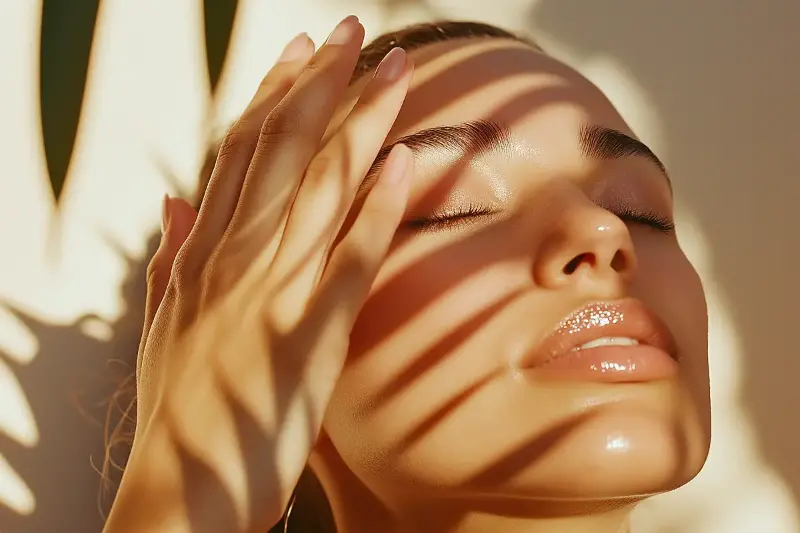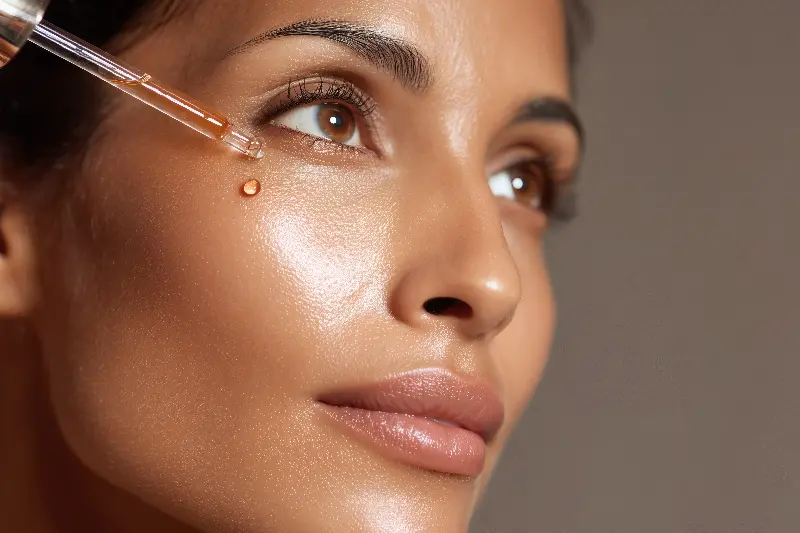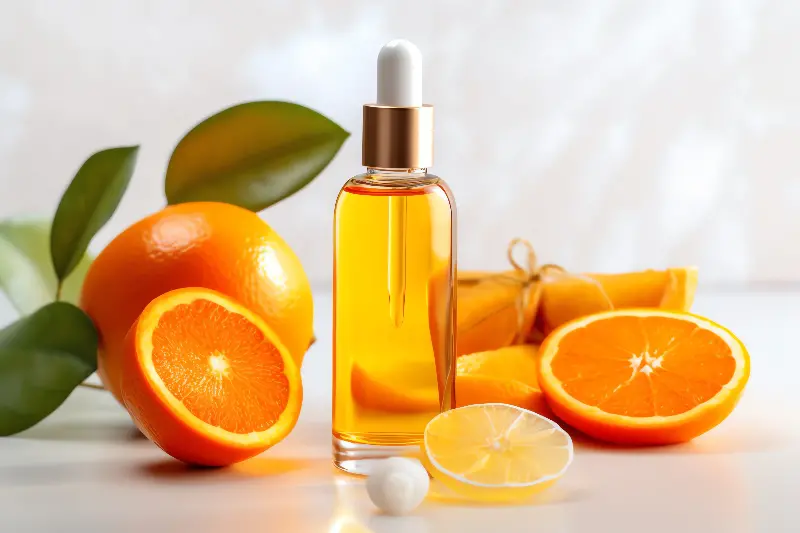Unlocking the science of ageless skin is a quest that has captivated beauty lovers and researchers alike for centuries. Today, more than ever, men and women are looking beyond miracle creams and trending serums, eager to understand what really works—and what’s hype—when it comes to keeping skin youthful, radiant, and healthy for years to come. Experts have dug deep, revealing some truly surprising secrets about skin ageing that every beauty enthusiast should know. Ready to see what science has truly uncovered?

The Biology Behind Ageing Skin
Our skin is not just a cosmetic layer but a living, dynamic organ. As we age, its natural ability to regenerate slows. From our twenties onward, collagen production—a protein responsible for keeping skin plump and firm—starts to drop by around one percent each year. Elastin fibres, which allow skin to bounce back, also start to weaken and break down due to lifestyle factors and environmental exposure.
While genetics do play a part, scientists now agree that up to 80% of visible skin ageing is due to extrinsic factors, most notably sun exposure and pollution. Ultraviolet rays accelerate the breakdown of collagen, while fine particulate matter in the air triggers oxidative stress, leading to wrinkles, dullness, and uneven skin tone.
Why Hydration Is More Than Skin Deep
It’s easy to think hydration is simply about slathering on a good moisturiser. However, experts reveal that internal hydration is just as important. The skin’s outer layer, called the stratum corneum, acts as a barrier to keep water in. When dehydrated, skin can look older, more wrinkled, and lacklustre.
Drinking sufficient water helps, but what you apply matters too. Humectants like hyaluronic acid (which holds up to 1,000 times its weight in water) attract moisture, while occlusives like squalane help to lock it in. Combining the two in your skincare routine can boost skin elasticity and smoothness. And don’t underestimate diet: foods rich in omega-3 fatty acids, like salmon and flaxseed, help maintain the integrity of the skin’s lipid barrier.

The Game-Changing Role Of Sun Protection
One of the most repeated but least-followed pieces of advice from dermatologists is the daily use of sunscreen. Even in cloudy weather or when staying indoors, UVA rays—which penetrate deeply—can cause invisible DNA damage, laying the groundwork for pigmentation spots and premature wrinkles.
Recent research has gone further, suggesting that blue light emitted by screens may also contribute to skin ageing. Daily use of a broad-spectrum SPF 30 or higher, ideally with blue light protection, is now recommended by skin experts globally. Sunscreen should be the non-negotiable step in any anti-ageing arsenal.
The Powerful Benefits Of Antioxidants And Retinoids
If there’s a skincare ingredient duo that scientists and dermatologists agree on, it’s antioxidants and retinoids. Antioxidants, like vitamin C and E, act as a protective shield against free radicals—unstable molecules from sunlight and pollution that break down skin’s support structures. Applying a vitamin C serum in the morning under your sunscreen can help brighten skin tone and improve your natural defence system.
Retinoids, including over-the-counter retinol and prescription retinoic acid, are after-dark power players. These derivatives of vitamin A are proven to boost collagen production, accelerate cell turnover, and fade pigmentation marks. The catch? They can initially cause redness and peeling, so experts advise starting with a low dose and increasing gradually. Used with patience, the rewards can be nothing short of transformative.

Skin’s Microbiome: The Forgotten Guardian
One of the most surprising scientific discoveries of recent years is the key role played by the skin’s microbiome—the community of tiny microorganisms living on its surface. A balanced microbiome helps ward off infections, reduces inflammation, and maintains a strong skin barrier.
Experts now warn that harsh cleansers, antibacterial soaps, and over-exfoliating can disrupt this delicate balance, leading to sensitivity, redness, and even accelerated ageing. Opt for pH-balanced, gentle cleansers and look for products containing prebiotics or probiotics to support your skin’s natural ecosystem.
Beauty Sleep: Night-Time Repair In Action
You might have rolled your eyes at the phrase ‘beauty sleep’, but modern science now backs it. While you rest, skin goes into repair mode, producing more collagen, repairing UV damage, and increasing blood flow for natural radiance. Chronic lack of sleep ramps up cortisol, a stress hormone that can break down collagen and lead to the formation of lines.
Establishing a relaxing bedtime routine—not just for your skin but your mind—can dramatically impact how youthful and glowing you look. Silk pillowcases and overnight hydrating masks are expert favourites for reducing friction and locking in moisture as you sleep.

The Surprising Power Of Lifestyle Choices
Finally, the less glamorous but vital secrets to ageless skin often come down to lifestyle. No cream can undo the damage of chronic smoking, excess alcohol, or a diet high in sugar and processed foods. These habits accelerate glycation, a process that stiffens collagen and causes sagging.
Regular exercise, meanwhile, boosts circulation and gives your complexion a natural glow—sometimes referred to as the ‘post-workout radiance’. Stress reduction, mindfulness, and prioritising mental well-being all play a part in maintaining that healthy, youthful look.
Unlocking the secret to ageless skin isn’t about chasing fad products or impossible standards. It’s about embracing smart, science-backed habits, and understanding that everyone’s skin is unique. When you treat your skin as the powerful, complex organ it is, you’re not just defying time—you’re celebrating yourself at every age.
